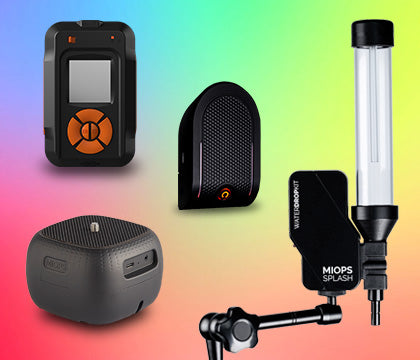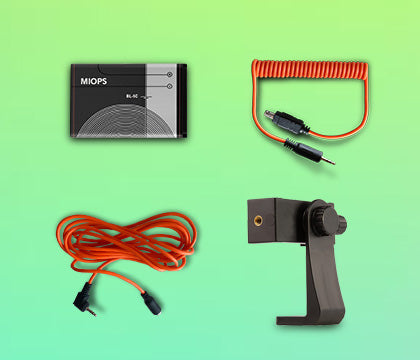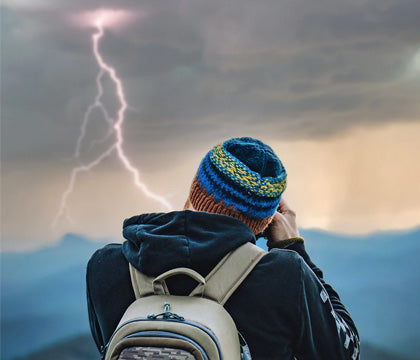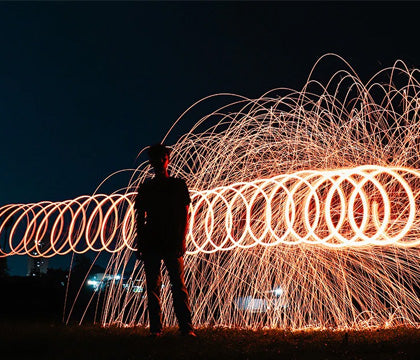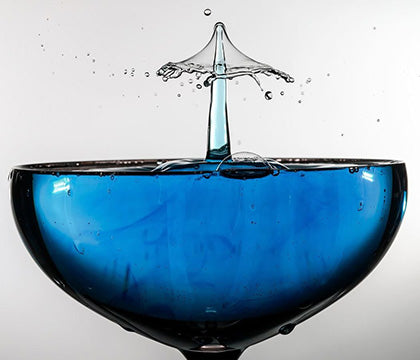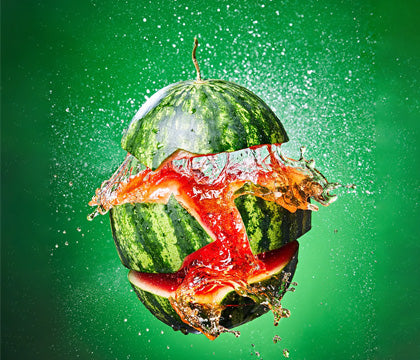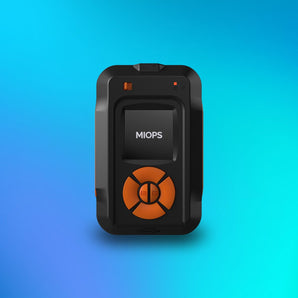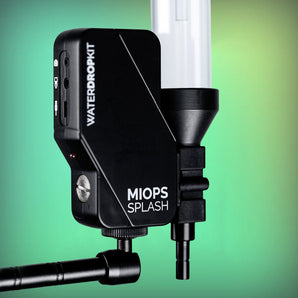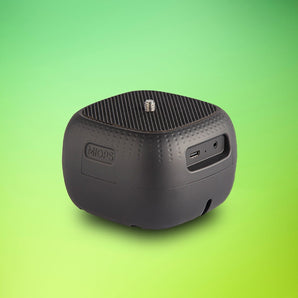It is not easy to be a wildlife photographer. To be a professional one, you need commitment more than passion. It is not enough that you have developed excellent photography skills. You also have to exert patience and effort to know about the animals you will capture in your photos.
If you aim to produce breathtaking wildlife photos, just like those you can usually see in magazines, books, and documentaries, you should find out how they are done. First, of course, you need to familiarize yourself with the techniques that can effectively help you achieve your goal. Wildlife photography is such a rewarding passion, but you have to work hard first to excel in this craft.
Now, if you have to shoot wildlife photos at night, please understand that the process is more complicated than doing it during the day. Aside from the safety, you have to adjust your camera settings appropriately to be able to get excellent images even in the dark. You better check out these tips on how you can improve your night shooting:

1. Study about the animals you plan to take shots of.
Shooting wildlife photography is not as easy as it seems, especially at night. If you do not have the knowledge about animal behavior, particularly that of your subject, then you might end up failing in taking good shots. For this reason, you need to learn how to read their behavior, like where their usual hangout is and how they find their meals.
One of the most effective ways to study your subject is by tagging along with seasoned wildlife photographers or the locals. Learn how they deal with the animals, so you will know how to move around them when you are already on your own. You can learn more through this process than just by reading books and searching on Google.
ALSO READ: 6 Important Tips for Wildlife Photography Beginners

2. Use the right camera.
You can choose from a variety of cameras, but you need to use one that is handy enough for capturing images in the wild, especially at night. You can select from either mirrorless cameras or DSLRs. Choose a cam that can be used with interchangeable lenses and is weather-proof. You should be able to manually set it as well.
If your camera can be used with different lenses, it will be possible for you to take photos of animals from different distances. Next, the reason why you need a weather-sealed camera is because wildlife photography is basically done outdoor. If you want your equipment to last long, then it must be able to endure harsh elements. Then, for full control of your camera, better choose one which can be used on a manual mode.

3. Only trust a dependable tripod.
If you take outdoor photography seriously, then you will not compromise the quality of your tripod. Do not trust cheap, rickety, plastic legs to hold a heavy camera with a long lens. To secure your equipment, you better invest in a tripod that is made of either carbon fiber or aluminum. It may be expensive, but you would not be worrying about your camera crashing down because of a collapsing tripod.
In addition, it is advisable that you purchase a multi-angle legged tripod, since there will be chances when you need to set up on the uneven ground. Do not forget to lock the legs after setting up to make sure the tripod does not move.

4. Bring a headlamp.
Since you will be doing night walks, taking a headlamp with you will be handy. It will keep you from stumbling in the dark. With a headlamp, you can take shots freely, and you can explore the area easily.
Furthermore, it will be a helpful tool in setting up macro shots. It will be better that you use a headlamp that has a red light. Aside from helping you get better macro shots, it is less distractive to the nocturnal animals.
ALSO READ: 11 Tips for Stunning Wildlife Photography

5. Do not prolong the usage of light.
Shooting in the wild at night may not only be uncomfortable for you as a photographer, but it can be uncomfortable for the nocturnal subjects too. Using artificial light could frighten these animals and even affect their night vision. For this reason, whether you use prolonged light like a spotlight or a quicker light, such as flash, just do not stay for a long time.
Moreover, if you have to shoot a stationary subject, like a lion feasting on a freshly-hunted prey, you do not have to take hundreds of images. Turn off the light immediately, until you need to shoot again, like when it is moving or changing to a better position.

6. Use a versatile camera trigger.
Being able to control your camera remotely is quite advantageous, especially when shooting in the wild at night. For this reason, I recommend using the MIOPS Smart Camera Trigger or RemotePlus Trigger. These are advanced high-speed camera triggers that can be controlled by a mobile app which allows you to shoot even without pressing the shutter.
Aside from activating your camera's shutter with a click on your smartphone from up to 40 meters away, it can also be triggered automatically using sound, light, and laser as triggers. Moreover, by combining the capabilities of your smartphone's sensor modes and your camera using MIOPS Smart or RemotePlus, you can even use motion and vibration as stimuli. For example, you can attach your smartphone to a small tree and the MIOPS app can be set up to take a shot anytime a bird lands on it and causes vibrations.

MIOPS SMART+
Take impossible photos by turning your camera into a high-speed capture device!
Aside from making photography easier for you, it is also beneficial to the nocturnal species. You can take their photos without disturbing them since you can be shooting from a location without causing any distracting movements.

Secure Your Safety
As a wildlife photographer, your greatest priority, even more than getting excellent shots, should be your safety. See to it that before setting up your equipment for the night, you have secured a permit from the authorities governing the national park of wildlife area where you will be shooting. It is also best if you go out with a group, especially that you will be working at night, for better security.
Related Article: Capture Garden Wildlife Up-Close with Triggers
Related Article: High Speed Photography Explore Site


